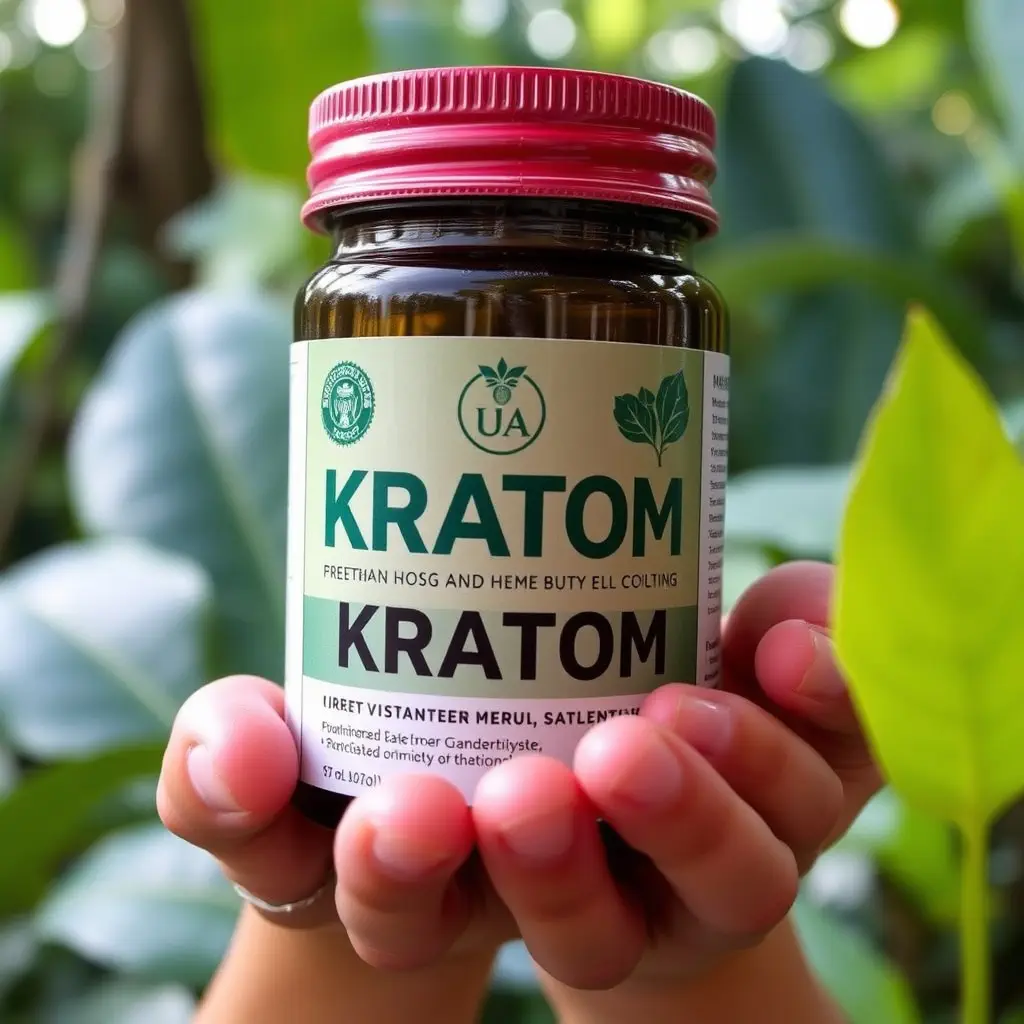Exploring the intricate relationship between mental fortitude and kratom training, this article delves into the nuances of mental toughness enhancement through a legal perspective on kratom usage in Texas, where concerns about its legality are prevalent. We will guide you through strategic approaches to bolster resilience with kratom, ensuring compliance with local laws. Furthermore, we provide insightful guidance on integrating kratom safely into your training regimen, highlighting optimal dosage and best practices for a balanced and effective training experience. Understanding the legal status of kratom in Texas is crucial for anyone considering its use as part of their mental toughness strategy. Join us as we navigate this compelling intersection of wellness and legality.
- Understanding Mental Toughness and Kratom Training: A Legal Perspective in Texas
- Strategies for Enhancing Mental Resilience with Kratom: A Comprehensive Guide
- Incorporating Kratom into Your Training Regimen: Safety, Dosage, and Best Practices
Understanding Mental Toughness and Kratom Training: A Legal Perspective in Texas

Mental toughness is a critical component for success in various domains, including sports, business, and personal growth. It refers to the capacity to consistently perform towards long-term goals despite challenges, adversity, distractions, and even failure. Kratom training, a practice involving the use of the Mitragyna speciosa plant, is increasingly recognized for its potential role in enhancing mental resilience and endurance. In Texas, the legal status of kratom is subject to specific regulations that define its permissible use. As of my knowledge cutoff in 2023, kratom is not illegal in Texas; however, its sale and distribution are regulated by the state’s health and safety laws. It’s important for individuals interested in incorporating kratom into their training regimen to stay informed on the evolving legal landscape of kratom use in Texas, as laws can change and may vary by local jurisdiction.
Kratom training, when approached with discipline and under the guidance of a knowledgeable practitioner or healthcare provider, can be a part of a comprehensive strategy to build mental toughness. Proponents suggest that kratom’s alkaloids may influence mood and energy levels, potentially aiding in maintaining focus and overcoming mental barriers during training sessions. However, due to the varying legal statuses across different states and countries, it is imperative for individuals to understand and comply with local laws regarding kratom use. In Texas, while kratom is currently legal, it is classified as anabat, placing it under strict regulatory oversight. Users must ensure they are purchasing high-quality, tested products from reputable sources to avoid the risks associated with adulterated or mislabeled kratom products. Understanding the legalities and responsibly integrating kratom into training routines can be a step towards fostering mental toughness in a manner compliant with Texas law.
Strategies for Enhancing Mental Resilience with Kratom: A Comprehensive Guide

Kratom, a plant native to Southeast Asia, has garnered attention for its potential impact on mental toughness and resilience. As individuals seek ways to enhance their cognitive endurance and focus, kratom’s alkaloids are being explored for their nootropic effects. It’s crucial to approach kratom with caution, as its legal status varies by region; specifically, is kratom illegal in Texas? While some states have regulated its use, it remains legal at the federal level, subject to the 2016 DEA ruling which placed it into the Schedule I category of controlled substances, then reclassified it as a Schedule IA substance, allowing for ongoing research.
For those in regions where kratom is legal, incorporating it into a mental toughness regimen can be a strategic choice. Proper dosage and understanding the strain are key factors in leveraging kratom’s benefits without adverse effects. Mitragyna speciosa, the scientific name for kratom, interacts with the brain’s opioid receptors, potentially enhancing mood and providing pain relief, which can be advantageous for maintaining mental fortitude during rigorous training or high-pressure situations. However, it’s essential to integrate kratom use as part of a holistic approach that includes diet, exercise, and stress management techniques. This comprehensive guide emphasizes the importance of responsible consumption and advises consulting with healthcare professionals before integrating kratom into any mental resilience strategy. By doing so, individuals can explore its potential benefits while adhering to legal frameworks and ensuring their well-being.
Incorporating Kratom into Your Training Regimen: Safety, Dosage, and Best Practices

Kratom, a plant from Southeast Asia, has gained attention in various fitness and wellness circles for its potential benefits in enhancing mental toughness during training regimens. While incorporating kratom into your fitness routine can offer certain advantages, it’s imperative to approach its use with caution due to legal considerations. As of the knowledge cutoff in 2023, kratom is not a controlled substance at the federal level in the United States, but its legal status varies by state. Specifically, in Texas, kratom is legal, provided it does not contain more than 250 micrograms of seven opioid compounds per gram or capsule, as regulated by the Texas Department of State Health Services. This regulation helps ensure the safety and legality of kratom consumption within the state.
When considering the use of kratom in your training, adhering to safe dosage guidelines is crucial. Kratom alkaloids, such as mitragynine and 7-hydroxymitragynine, can influence mood and energy levels, potentially contributing to enhanced focus and endurance during workouts. To safely incorporate kratom into your training regimen, start with a low dose to gauge individual sensitivity. Common dosage ranges typically begin at 1 to 5 grams for new users, with some experienced individuals using up to 15 grams, although this higher end is not recommended for novices. It’s also advisable to cycle kratom use to avoid building tolerance or dependency. Additionally, it’s important to stay hydrated and be aware of how kratom interacts with other substances you may be taking, including prescription medications. Always consult with a healthcare professional before adding kratom to your fitness regimen, especially given the evolving legal landscape surrounding its use. With the right approach, kratom can be a part of your mental toughness strategy, contributing to a more resilient and disciplined training routine in Texas and beyond.






